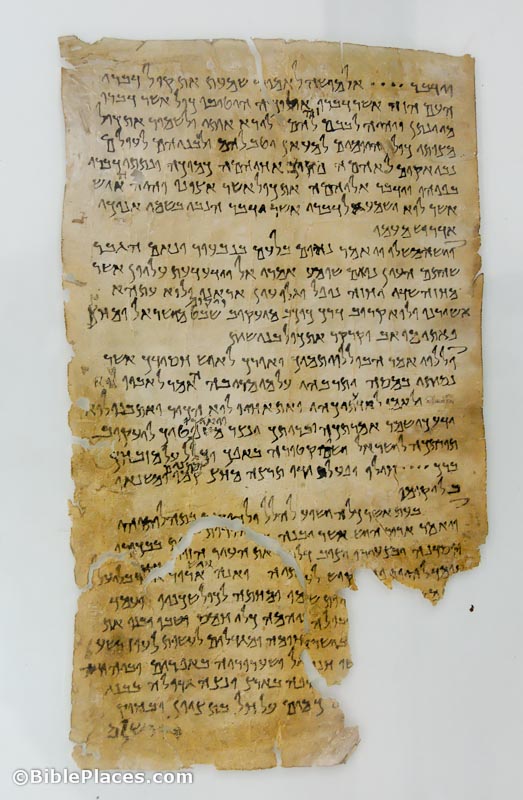It is not surprising to find the word “amen” attributed to Jesus in the Gospels. What is unusual is to find “amen” used as the beginning of a statement rather than as a response.
Discovering the Hebrew Undertext of the Synoptic Gospels

One may contend that there existed a basic text of Jesus’ life story written in Hebrew. One arrives at this assumption not merely on the basis of the church fathers’ writings, but because the Greek texts of the synoptic gospels show so much evidence of being “translation Greek,” that is, Greek that contains Hebrew idioms and sentence structures.
Jesus and the Oral Torah: Written and Oral Torah

The Torah was given by God as a guideline for a whole way of life.
Hebrew Nuggets, Lesson 3: Jesus’ Hebrew Name (Part 3)

In this lesson we will learn the two sounds of the second syllable of Jesus’ Hebrew name. The first sound of the second syllable of יֵשׁוּעַ (ye·SHU·a‘) is the “sh” sound. This is represented by ש (shin), the twenty-first letter of the Hebrew alphabet. Written with three points or teeth, it got its name from the Hebrew word for “tooth” because of the pictograph upon which it was based.

